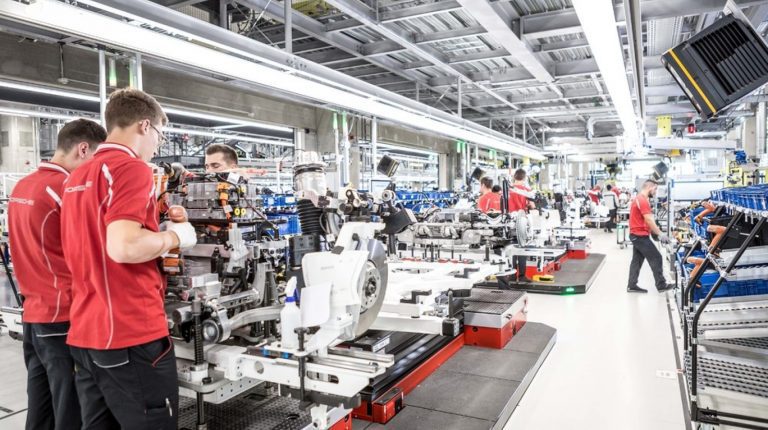Egypt has remained one of the few countries that has maintained positive growth during and after the COVID-19 crisis.
In October 2021, Egypt instituted structural reform policies that were deemed integral to its efforts to accomplish a sustainable and resilient economic recovery. Egyptian GDP remains at an all-time high and is expected to continue increasing over the next three years, after managing to sustain economic growth even at the height of the COVID-19 pandemic.
This constant growth can be attributed to large investment projects the Arab country has been undertaking, however this is happening at a time when a big switch from public to private sector is required to create more employment opportunities for the nation’s youth.
The Egyptian private sector was named key among the three pillars that will receive funding in the state’s efforts to achieve comprehensive recovery and sustainable growth with funding from the World Bank and Asian Infrastructure Investment Bank (AIIB) which is so far totaling to $720 million.
The Egyptian government seeks to build and support financial inclusion as well as streamline trade facilitation between the private sector and other nations thereby boosting Egypt’s competitiveness in the global sphere as well as create jobs for its population through the private sector.
In a bid to continue maintaining positive growth, Egypt aims at strengthening the regulatory framework for private sector participation in waste management, which will then provide a basis for greener and more inclusive development in the sector.
Egypt’s economy grew at an annualized rate of 7.7% in the three months to the end of June 2021 thereby boosting growth for the fiscal year 2020-2021.
Notably, inflation continues to rise, although the annual rate still stood at 6.6% in September which is a comfortable rate since it lies in the target range of its Central Bank which is anything from 5-9%.
According to the IMF, the high liquidity levels in the banking system and strong reserve levels have helped Egypt recover from the pandemic. Egypt had received $8.5bn in IMF financial assistance in the early months of the pandemic. In spite the high demand on international funding amid the COVID-19 crisis, especially the low cost, the private sector accrued funding deals with development partners exceeding $4.5bn, which was then reallocated to small and medium scale projects.
Egypt remains well placed to tap cheap, long-term, development financing which can boost the private sector while raising governance and environmental standards.

